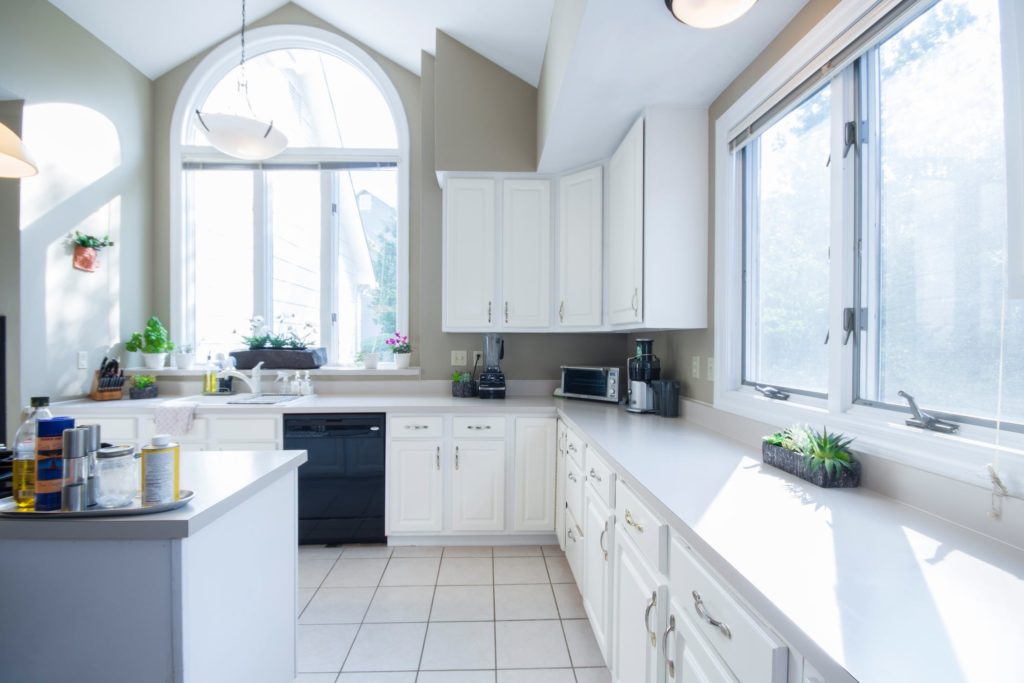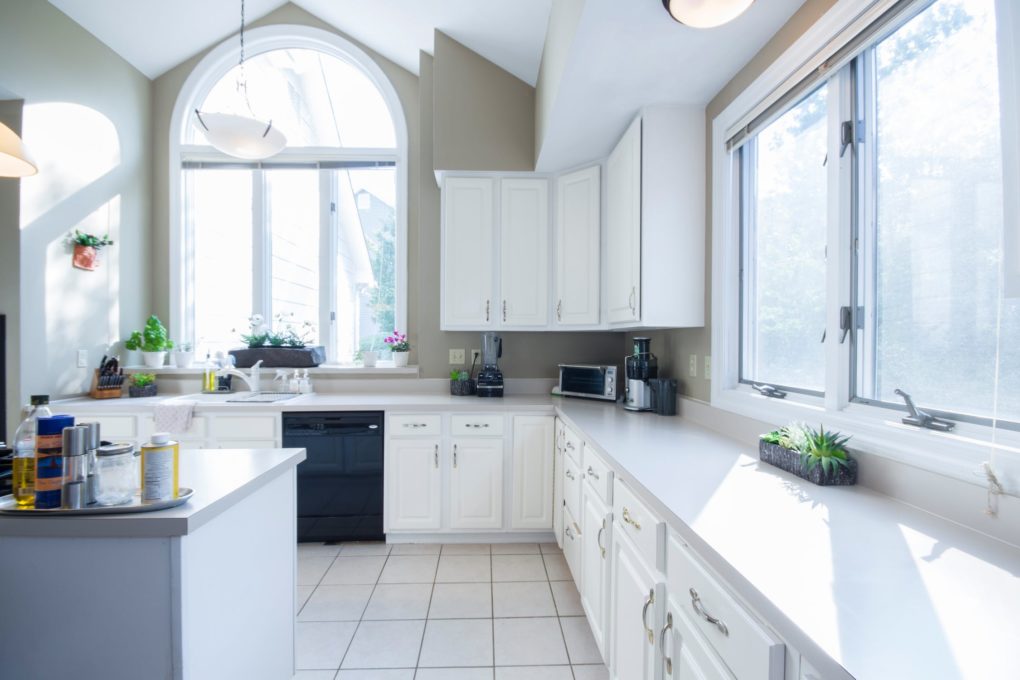How Is Your Home’s Air Quality? 4 Solutions That Will Clear The Air

Your home’s air quality plays an important role in your overall health. Living in a home with poor air quality can cause worsened allergies and asthma, as well as an increased risk of cardiovascular problems over the long-term. On a day-to-day basis, living in a home with poor air quality can also cause headaches and dizziness. Luckily, there are many simple ways to improve your home’s air quality.
If you’re concerned about your home’s air quality, these 4 steps can help transform your space. As conditions improve, you may be surprised how much better you feel.
Ditch The Air Fresheners
People install air fresheners in their homes because they’re trying to cover something up, or simply because they think it’s expected, but it’s time to say goodbye to those chemical fragrances. Research suggests that overuse of these products is responsible for increased rates of chronic diseases, including rhinosinusitis, various lung cancers and lung fibrosis, and asthma and bronchiectasis.
In addition to eliminating air fresheners, experts also recommend eliminating other unnecessarily scented chemical products like dryer sheets. If you’re concerned about making your house smell better, consider using scent neutralizing products like baking soda instead, or freshening your space with citrus or essential oils.
Choose Cleaner Heat
How you heat and cool your home has a huge impact on overall air quality. A dirty HVAC system, for example, can introduce dust and mold to the air, while fireplaces and woodburning stoves have serious detrimental effects, releasing carbon monoxide and dangerous particulates. The impact of wood burning can be so detrimental that some areas restrict woodburning based on local air quality measures.
If you want to replicate the cozy environment created by a fireplace, a cleaner option is to switch to a pellet stove. Pellet stoves burn more cleanly and efficiently than wood and some even accommodate other kinds of biomass fuel, such as cherry pits and corn. This alternative offers all the aesthetic pleasures of a woodstove with none of the compromise to air quality.
Focus On The Floors
You may be surprised to realize that one of the areas that most contributes to poor indoor air quality is your floors. We track all sorts of debris into our homes and don’t do enough to mitigate the damage. Reduce how much dirt and dust makes it into your home by using large mats at every door for everyone to wipe their feet, as well as vacuuming and mopping regularly. Using a vacuum with a HEPA filter can also improve conditions.
Look Alive
While a lot of home air quality improvements hinge on elimination, there’s one thing you should add to enhance conditions: plants. Houseplants help filter the air, while also serving a decorative function and they don’t have to be high maintenance. Basic options like spider plants require minimal care and upkeep, but offer all the air filtering benefits you’re looking for in a houseplant.
Don’t let poor home air quality negatively impact your health. Take steps today to start improving conditions in your home by eliminating hazardous chemicals and taking steps toward a more natural lifestyle.
Subscribe for natural health news to your inbox. Follow Natural Blaze on YouTube, Twitter and Facebook.



